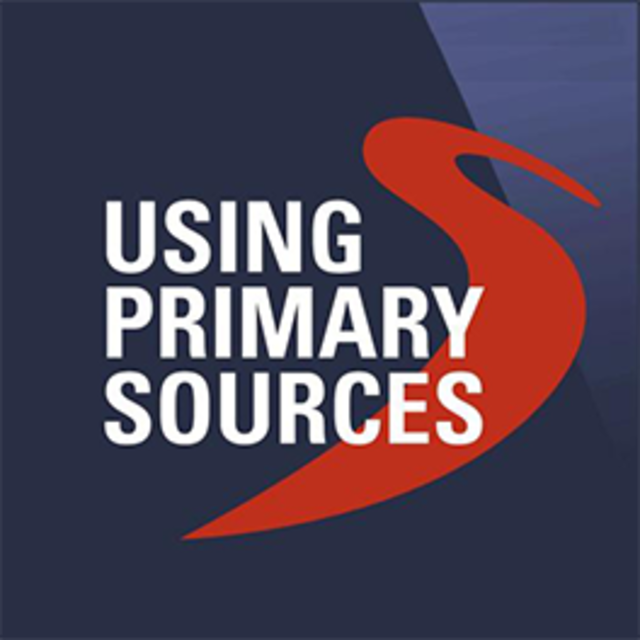Using Primary Sources is an Open Access teaching and study resource that combines rare archival source materials with high quality peer-reviewed chapters by leading academics. Covering major themes within the medieval, early modern and modern periods, this easy to access e-textbook provides students with the opportunity to examine rare and original material in detail on their computer, tablet or phone as well as learn how they can integrate the source material in their own written work. With more themes in development, Using Primary Sources will continue to grow, providing students and teachers in the humanities with an invaluable free resource for students on how to use primary source material in their studies.
What do students think? "I’d never previously considered something like a river as a historical artefact! But this resource has allowed me to revisit and absorb new theoretical approaches without having to wade through pages of historiographical jargon, which can be overwhelming." Harry Roberts, University of Liverpool


